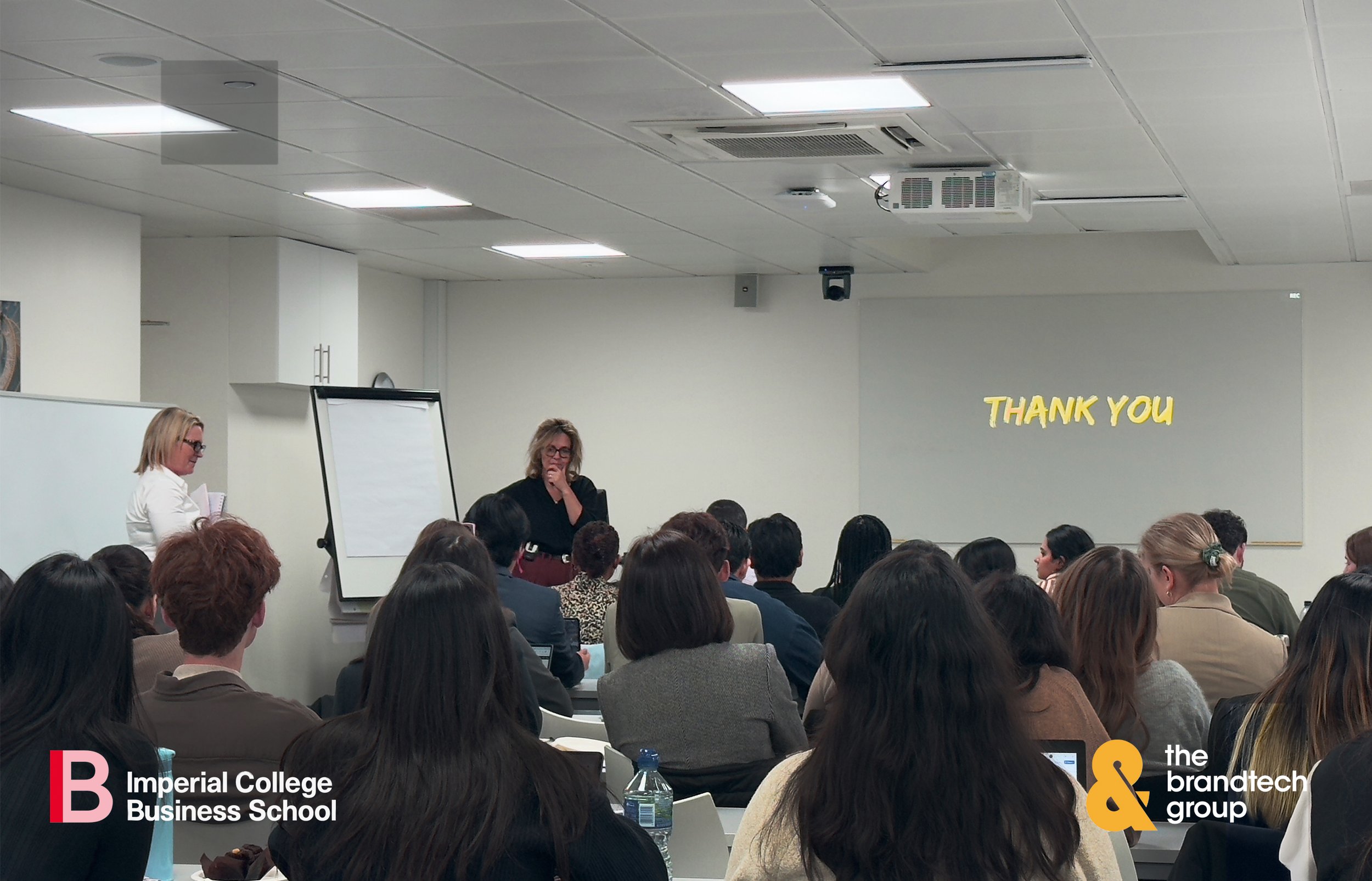UCC Holding partners with COBOD to construct 3D-printed schools in Qatar
UCC Holding, a construction and infrastructure company based in Qatar, has entered into an agreement with COBOD, a Danish manufacturer of concrete 3D printers, to supply some of the world's largest third-generation 3D printers. These printers will be utilised to build schools across Qatar.
The signing ceremony took place in Doha, attended by UCC Holding's President, Ramez Al Khayyat, and COBOD's CEO and Founder, Henrik Lund-Nielsen.
The collaboration will result in constructed schools covering a total area of 40,000 square metres using advanced 3D printing technology. The project seeks to set a Guinness World Record for the largest buildings created with 3D printing technology.
COBOD will provide expertise in the design, manufacturing, installation, and operation of the concrete printers. They will also offer on-site training and technical support to ensure an efficient 3D printing process.
Construction is scheduled to begin in 2025, starting with two schools. Each school will be a two-storey structure with a footprint of 100 by 100 metres. Two BOD XL printers from COBOD, each measuring 50 metres in length, 30 metres in width, and 15 metres in height, will be used.
Emphasis on sustainability
The initiative focuses on sustainability by reducing material waste and decreasing concrete consumption through 3D printing technology. This approach aims to lower the carbon footprint associated with traditional construction methods. The technology allows for automated concrete construction with designs that optimise the use of materials while maintaining structural integrity.
"This partnership with COBOD is a significant leap for the construction sector, not only in Qatar but globally," said Moutaz Al Khayyat, Chairman of UCC Holding.
“We always strive to adopt the latest technologies that contribute to sustainability and efficiency in our operations, and this project is aligned with Qatar National Vision 2030. Through this technology, we are setting new benchmarks in sustainable construction and helping to reduce the environmental impact of our work.”
By integrating advanced construction methods, labour requirements will be reduced, with the pair reporting that the methods will also improve quality, minimise waste, shorten project timelines, reduce material usage, and cut carbon emissions.
"This partnership with COBOD represents a major advancement for the construction sector in Qatar and worldwide," stated Ramez Al Khayyat, President of UCC Holding.
"By integrating advanced construction methods, we reduce labour requirements, improve quality, minimise waste, shorten project timelines, reduce material usage, and cut carbon emissions, all of which contribute to environmental preservation."
Mr Henrik Lund-Nielsen, CEO and Founder of COBOD, commented:
"This collaboration with UCC Holding for the schools project is a significant advancement for the construction industry, pushing the boundaries of technology, project scale, and sustainability. 3D printing allows us to reduce waste, minimise material use, decrease CO₂ emissions, and build in an environmentally responsible way."





















